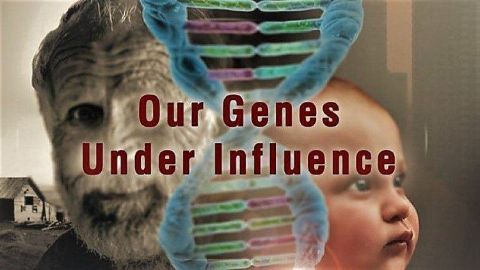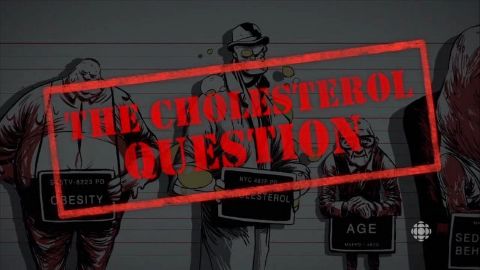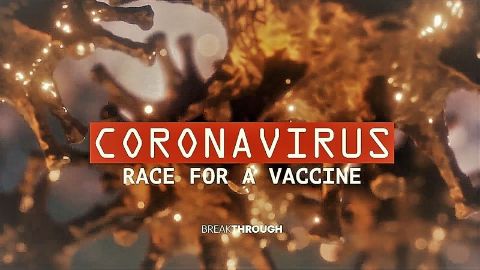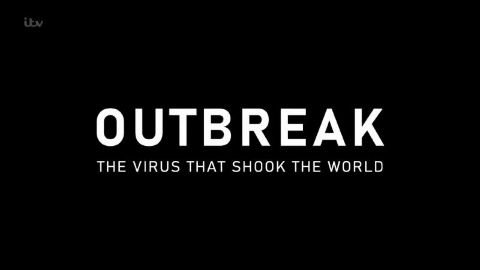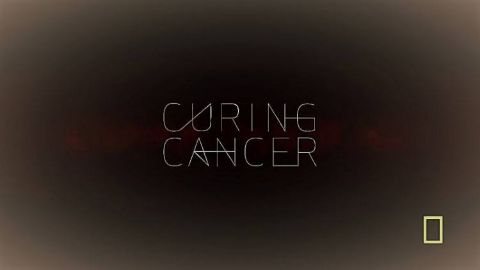Why We Cycle • 2017
There are more bicycles than people in the Netherlands. The Dutch don’t seem to care about what is special about their bike culture. The film invites regular cyclists and scientists from all walks of live to talk about Dutch cycling culture. When talking to people in the Netherlands they come up with many different aspects as to why cycling is as important as it is. The film shows many different angles why cycling has remained so popular in the Netherlands. In the end it leads to a general conclusion. Talking about why we cycle means we are dealing with a bigger questions; What kind of society we want to be?
Make a donation
Buy a brother a hot coffee? Or a cold beer?
Hope you're finding these documentaries fascinating and eye-opening. It's just me, working hard behind the scenes to bring you this enriching content.
Running and maintaining a website like this takes time and resources. That's why I'm reaching out to you. If you appreciate what I do and would like to support my efforts, would you consider "buying me a coffee"?
Donation addresses
BTC: bc1q8ldskxh4x9qnddhcrgcun8rtvddeldm2a07r2v
ETH: 0x5CCAAA1afc5c5D814129d99277dDb5A979672116
With your donation through , you can show your appreciation and help me keep this project going. Every contribution, no matter how small, makes a significant impact. It goes directly towards covering server costs.
